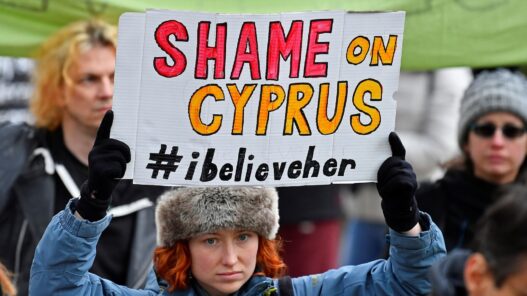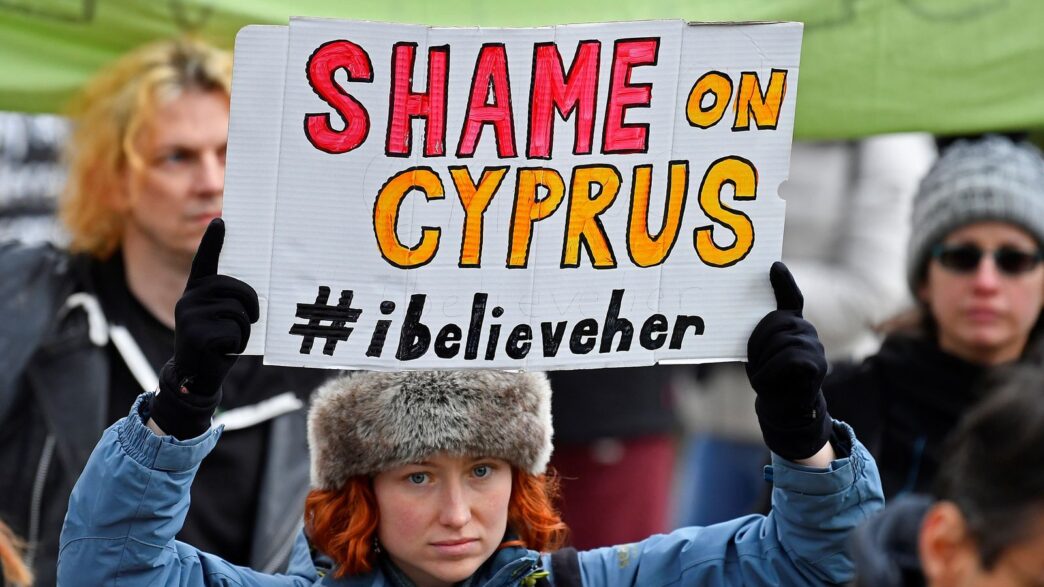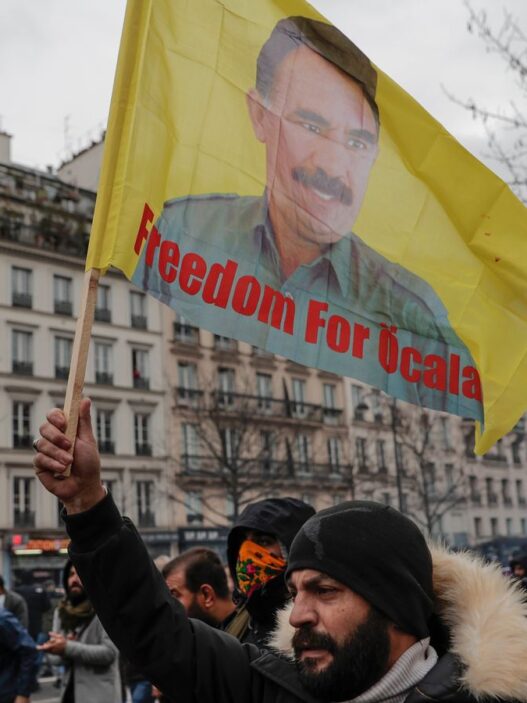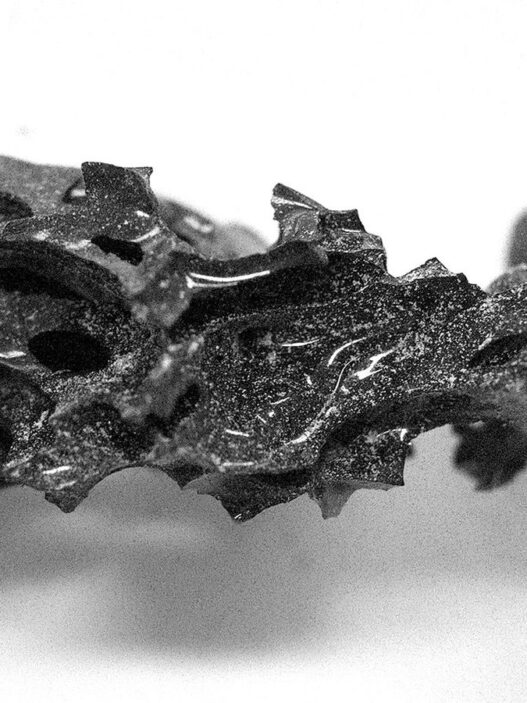Cypriot authorities failed to investigate the original claims of a British woman who was later convicted of lying about being gang-raped on holiday there, the European Court of Human Rights has ruled.
The woman, who is now in her 20s, was 19 in the summer of 2019 when she claims she was raped by 12 Israeli men at a hotel in the party resort of Ayia Napa.
After retracting her statement 10 days later, she was charged with “public mischief” for making the allegations. The woman, from Derbyshire, ended up spending more than a month in jail awaiting trial and was eventually given a suspended prison sentence.
After appealing against her case with the Supreme Court in Nicosia the conviction was quashed, with the judge ruling she had likely been forced into changing her statement and was not given a fair trial.
But the Cypriot attorney general refused to reopen the original case, leading her lawyers to take the case to the European Court of Human Rights (ECHR) in Strasbourg.
On Thursday the ECHR ruled police and prosecutors in Cyprus “had fallen short of the state’s duty to effectively investigate the applicant’s allegations”.
The judgment adds that “certain biases concerning women in Cyprus…impeded the effective protection of [the woman’s] rights as a possible victim of gender-based violence”.
“The credibility of her allegations appeared to have been assessed through prejudicial gender stereotypes and victim-blaming attitudes,” it reads.
The court also ruled the lack of an effective investigation constituted a violation of her right to a private and family life and awarded the victim €20,000 (£16,500) in damages and €5,000 (£4,100) in costs.
Read more: What is the European Court of Human Rights and how have its verdicts upset some ministers?
Michael Polak, the woman’s lawyer and director of the group Justice Abroad that has been supporting her, said: “This is a landmark decision for victims of sexual violence.
“The ruling reinforces the fundamental principle that allegations of sexual violence must be investigated thoroughly and fairly, without institutional obstruction.”
Speaking to Sky News, he added: “This will help in vindicating what she has been saying all along, but of course these offences leave lifelong scars.
“So obviously we welcome the decision, but it’s a pity we had to take it all the way to the European Court of Human Rights to get some form of justice.”
He said that there was now an “obligation” for Cypriot authorities to “do the right thing” and launch a fresh investigation into the original rape claims, which the legal team says should be carried out by a separate police force.
Justice Abroad has previously argued Cypriot authorities had failed to secure the crime scene and did not use DNA evidence from a condom with her blood on it – or evidence from the suspects’ phones.
During her previous appeal, the Supreme Court heard a forensic linguist also concluded her retraction statement was written in “Greek English” and therefore unlikely to have been written by her – and that a pathologist was of the view her injuries were consistent with gang rape.
Read more from Sky News
Cyprus – an island of two halves
How Sudan’s children are being erased by war
British couple arrested in Afghanistan
Her lawyers also pointed out the judge had repeatedly shouted “this is not a rape trial” as she gave evidence.
The case sparked concern about fair trial guarantees in Cyprus, with the Foreign Office vowing to raise the case with authorities there, and protests being held in support of the woman in Cyprus and London.
All 12 of the original suspects were freed without charge and allowed to return to Israel. They denied the allegations against them.
The Cypriot authorities have also denied any wrongdoing regarding to their investigation.














